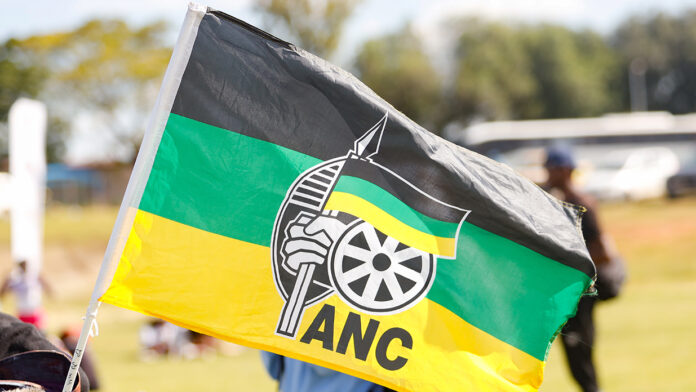The ANC’s support among white, Indian and coloured communities has been shrinking for years. The party has finally acknowledged the depth of the problem in its national general council-based document seen by Sunday World.
“As ANC support shrank in some communities, our structures among Indian, coloured, and white South Africans also waned,” reads the document, which is expected to set a tone for the discussion at the council scheduled for December this year.
This decline is not just about numbers; it reflects a broader disconnect between the ANC and these communities, stated the document.
For white South Africans, the shift has been particularly pronounced. The ANC notes that “the white community, by and large, has thrown its lot behind parties such as the DA and
Freedom Front Plus.”
These parties have capitalised on white voters’ dissatisfaction with the ANC’s transformation policies, such as affirmative action and black economic empowerment. The ANC accuses these parties of framing their opposition to such policies as “non-racialism” or “meritocracy”, but argues that this rhetoric “in effect protects existing privilege”.
Adding fuel to the fire are vocal lobby groups like AfriForum and Solidarity, which the ANC claims are mobilising international sympathy by portraying Afrikaners as a “threatened
minority”.
These groups have gone as far as raising the spectre of “farm murders” and “genocide” to pressure the government to halt reforms. “They even find encouragement in some foreign quarters,” the ANC notes, pointing to the global reach of these narratives.
The situation is no better among Indian and coloured communities. The ANC acknowledges that its branches in these areas have become less active, leading to a “self-perpetuating” cycle of disengagement.
Fewer members from those communities means fewer tailored messages and policies,” the party admits, highlighting its failure to address the specific needs and concerns of these groups.
The ANC’s analysis points to several reasons for this exodus. For one, the party’s transformation policies, while aimed at addressing historical injustices, have alienated some minority groups who feel overlooked or marginalised.
“Some coloured and Indian communities fear that BEE, or affirmative action, overlooks their poor,” the ANC notes.
Economic inequality is another major factor. The ANC admits that “material inequality fuelling division” remains a significant challenge. The gap between rich and poor, particularly along racial lines, has bred resentment and mistrust. For many in minority communities, the ANC’s promises of economic transformation have not translated into tangible benefits.
To its credit, the ANC is not shying away from these hard truths. The party’s National General Council Base Document is filled with moments of introspection, where it openly admits its shortcomings.
“Endemic factionalism and internal divisions, often along lines of patronage or personality cults, have sapped energy and credibility,” the document states.
The party also acknowledges that its grassroots structures have weakened over time. The party admits that its values and ethos have been undermined by scandals of corruption and ill-discipline.
The party has outlined a series of solutions aimed at winning back the trust of white and minority communities. “The national democratic revolution was always about forging a single nation out of disparate groups,” the ANC declares. To achieve this, the party plans to “revive the approach of bringing together all races and cultures under one umbrella of common nationhood”.
One key aspect of this strategy is ensuring that the ANC’s leadership and membership reflect South Africa’s diversity.
Finally, the ANC is taking a hard line against racism, tribalism and chauvinism. “Achieving even 50% of the renewal objectives in the next few years will go a long way towards restoring the legitimacy and moral authority of the ANC to lead.”




